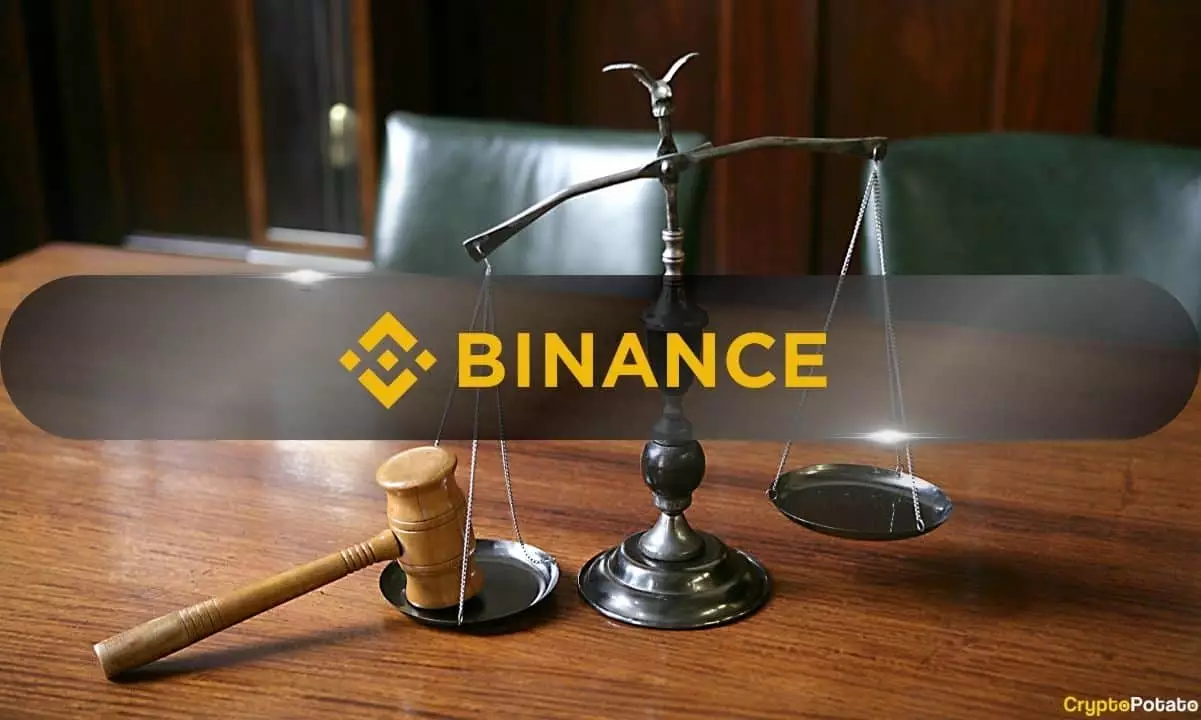The world of cryptocurrency is both exhilarating and tumultuous, as seen through the lens of recent events surrounding Binance, one of the largest cryptocurrency exchanges globally. The U.S. Supreme Court’s refusal to entertain a petition from Binance and its founder, Changpeng Zhao, underscores the significant legal challenges the platform faces as it attempts to navigate the complex landscape of American securities law. This article will delve into the implications of this ruling, the reasons behind Binance’s legal troubles, and the broader context of regulation in the cryptocurrency space.
In early January 2024, the Supreme Court declined to review a critical ruling from the U.S. Court of Appeals for the Second Circuit. This ruling was a pivotal moment that highlighted how U.S. securities regulations could be applied to Binance, despite its lack of a physical presence in the United States. The impetus for the legal scrutiny stemmed from a lawsuit filed by a group of investors. They accused Binance of selling unregistered tokens that subsequently depreciated significantly in value. The core question revolved around Binance’s operations and whether the exchange, by servicing American customers, could be subjected to U.S. securities laws.
The appellate court had concluded that American clients engaging in trading on Binance constituted sufficient grounds for the application of U.S. regulations. This marked a critical precedent in the context of international crypto operations, where the geographic ambiguity of platforms often pits them against national laws. The court stressed that once transactions became irreversible in U.S. jurisdiction, the nations’ laws should apply. The technological advancements that facilitate easy access to foreign trading platforms complicate the conversation about accountability and compliance in a global financial ecosystem.
The ongoing legal issues for Binance are not isolated incidents but part of a broader timeline of challenges the exchange has faced. In 2020, a significant class-action lawsuit initiated by investors set off a chain reaction of legal scrutiny. The plaintiffs claimed that Binance failed to disclose critical risks related to various tokens, leading to significant financial losses when these assets lost value.
Fast-forward to 2023, and the U.S. Securities and Exchange Commission (SEC) intensified its scrutiny, accusing Binance of unlawfully servicing American investors. The SEC claimed that the platform facilitated trades of cryptocurrencies that should have been registered as securities—an allegation that carries weight in the realm of financial regulation.
In the same year, Binance found itself in hot water with the U.S. Department of Justice (DOJ), culminating in a staggering $4.3 billion settlement linked to violations of anti-money laundering (AML) and terrorism financing laws. This massive financial penalty underscores the vulnerabilities that cryptocurrency platforms, including Binance, face amid increasing regulatory enforcement.
The refusal of the Supreme Court to hear Binance’s appeal signals a significant moment for the cryptocurrency industry as a whole. It not only affects Binance but raises crucial questions about how cryptocurrency exchanges operate across borders. The intersection of technology and regulation becomes starkly evident; as investors enjoy seamless access to global trading platforms, the risk of operating outside the bounds of local regulations increases.
Binance’s trials also resonate with other exchanges in various jurisdictions, including Canada, where it faced another class-action suit in 2023. With each legal challenge, the atmosphere surrounding cryptocurrency continues to evolve, and exchanges are compelled to innovate both operationally and in compliance. The need for established, robust regulatory frameworks cannot be overstated.
The ongoing saga of Binance illustrates the challenges that come with operating in an unregulated or loosely regulated market. As the Supreme Court’s decision propels the class-action suit forward, it casts a significant shadow over Binance’s future operations in the U.S. and further afield. The legal ramifications of these troubles extend beyond mere financial penalties; they serve as a cautionary tale for emerging players within the cryptocurrency space.
With the SEC’s increased vigilance, coupled with rising scrutiny from global regulatory bodies, Binance’s situation could herald a sea change in how cryptocurrencies are governed. It is critical for all stakeholders—investors, exchanges, and regulators—to engage in constructive dialogue as they navigate this complex landscape. Only time will tell how these legal proceedings will shape the future of cryptocurrency regulation, but one thing is clear: the need for clarity and compliance in the crypto market has never been more urgent.

